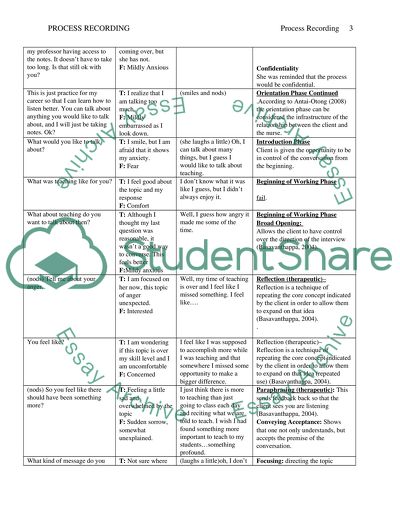Cite this document
(“Importance of Process Recording in Nursing Case Study”, n.d.)
Importance of Process Recording in Nursing Case Study. Retrieved from https://studentshare.org/nursing/1455858-therapeutic-communication
Importance of Process Recording in Nursing Case Study. Retrieved from https://studentshare.org/nursing/1455858-therapeutic-communication
(Importance of Process Recording in Nursing Case Study)
Importance of Process Recording in Nursing Case Study. https://studentshare.org/nursing/1455858-therapeutic-communication.
Importance of Process Recording in Nursing Case Study. https://studentshare.org/nursing/1455858-therapeutic-communication.
“Importance of Process Recording in Nursing Case Study”, n.d. https://studentshare.org/nursing/1455858-therapeutic-communication.


